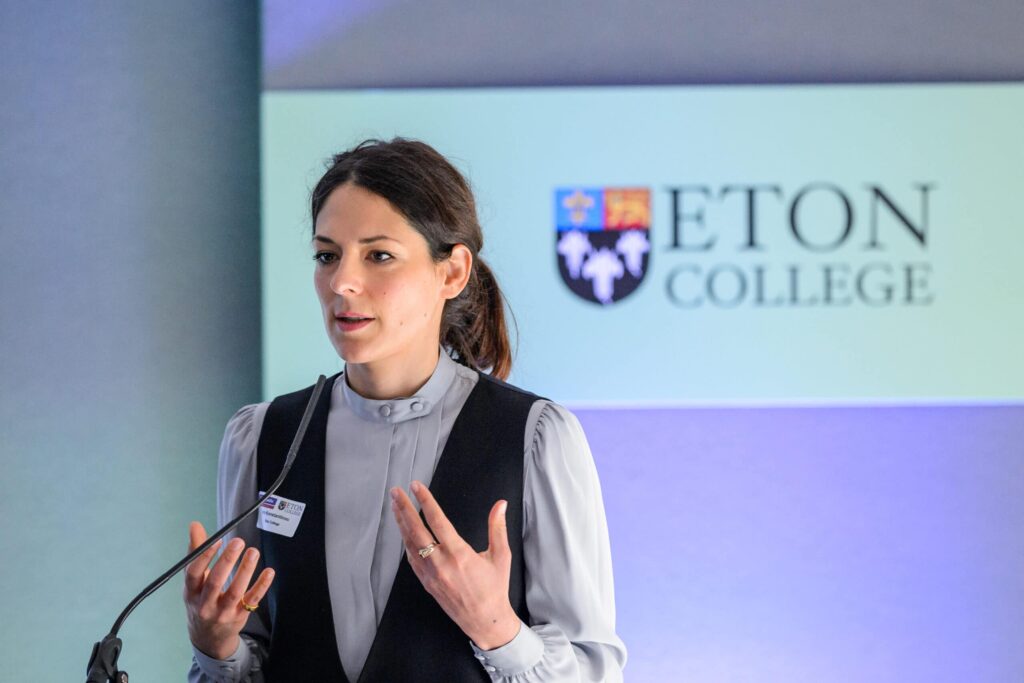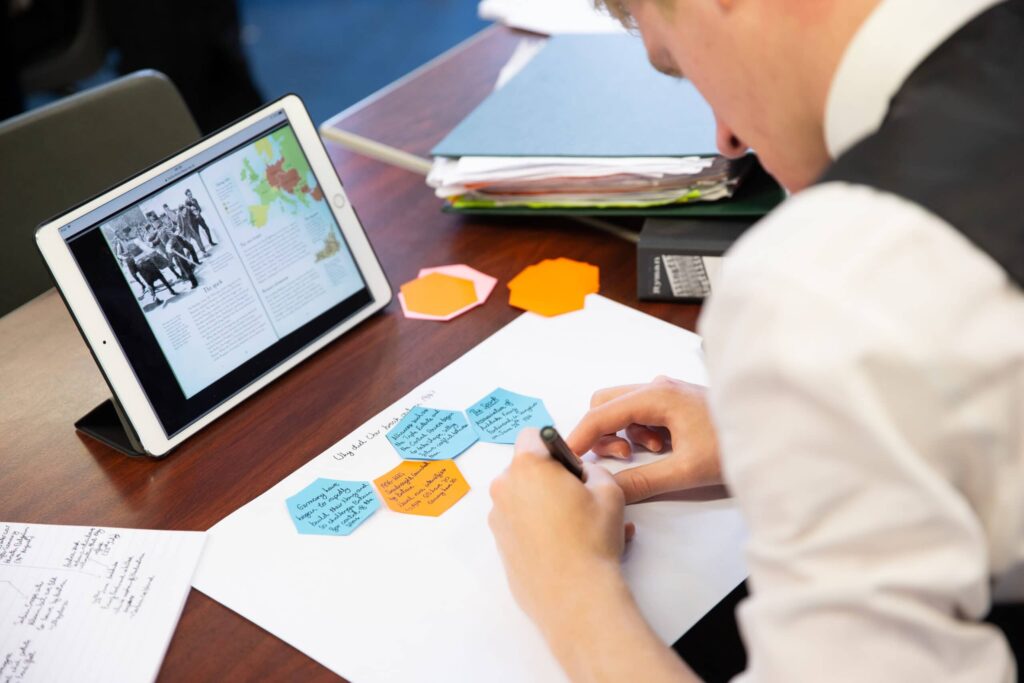This week’s blog post is based on the roundtable discussion hosted by CIRL which focused on the key skills employers are looking for in young employees and how they are developed either at school or university. The event’s keynote speakers all presented their organisation’s views on which transferable skills are most desirable and the role educational establishments have in fostering their development.
The consistent themes to emerge from the speakers’ presentations and the ensuing discussions were:
- The employability skills highlighted depended on the type of career or university course studied, but what was most interesting was the fact that the views of students on the importance attributed to particular character traits differed from those of employers. Employers most value passion for the business, resilience, communication skills and problem solving skills, which were different from the skills graduates thought employers valued. It was also agreed that employers were looking for applicants who had a ‘service mindset’ and human support skills, which are not skills that can easily be taught in education settings.
- One area highlighted as of interest and worthy of additional analysis was the aspect of digital skills accumulation. There is a mismatch between employers’ perceptions of what the younger generation, ‘digital natives’, should be able to achieve in the workplace and the level of work-related digital skills that have been learned in schools and universities.
- The careers support process and development of employability skills needs to start early in a student’s school career and should be personalised and targeted, thereby representing the journey a student has encountered. There is a need for students really to understand themselves and their strengths and motivations and then to find careers that fit those areas of interest. Students should aim to be the best version of themselves. This will then drive their passion for a particular university or employer, something which both are keen to find in their applicants. There is also a need to place more emphasis on students being able to provide evidence of their skills in action.
- Although the work being done in sixth form settings to prepare students for the world of work is monitored, regulated and undertaken in collaboration with employers, there appears to be a disconnect between this work and what is undertaken in universities. Universities are less willing to collaborate with employers to understand their needs and build on the work done in sixth forms to inform students on employability skills.
- Employers are therefore largely taking it upon themselves to build their own framework of employability competencies and are creating bespoke methods of measuring these in potential applicants. It was also highlighted that these assessment processes had developed considerably since the pandemic, moving to more gamification and virtual assessment centres, which schools and colleges are not preparing their students for.
- The changes planned by UCAS in the next couple of years to bring more parity to the application process for apprenticeships with that for other tertiary education establishments has the potential both to level the playing field for applicants applying for a range of higher education settings, as well as improving the impact employers can have on that application process. Discussions also highlighted the need for more focus and education on self-employment and side-line businesses, which were on the increase.
- This shift is consistent with an obvious thirst for developing a change in the school assessment process in combination with producing a skills-based measurement system/tool that can assess and compare a student’s strengths beyond academic qualifications. If a single, nationally agreed system could be developed and rolled out to students earlier in their academic careers, this ‘passport’ system could be carried through to the workplace and provide a national taxonomy, regardless of what route a student decides to take after secondary education. It would, however, be dependent on developing a recognised ‘currency’ for these personal development trackers to be recognised as valid by employers. In addition, keeping a broader and more balanced curriculum for longer would also be beneficial, as would a focus on global citizenship.
- Deprivation and social mobility represent key foci in the minds of employers and universities, especially in a post-pandemic world. Finding ways to enable those of all backgrounds to access the same levels of education and employment is of primary importance. Changes to the personal statement as well as employers’ outreach programmes are aimed at providing more equal opportunities for those from disadvantaged or under-represented backgrounds, which is of increasing importance as the numbers of applicants are anticipated to increase over the next few years.
- Another key concern among employers and universities surrounds the levels of anxiety perceived among the younger generation. This is prompting a shift in focus beyond skills that enable one just to survive in the workplace to those that enable one fully to thrive. It was however highlighted that younger generations have always had challenges: it is just the type of challenge that has changed. Current students are educated in a system that is more measured and exam focused; they have grown up in a world of instant gratification; and social isolation has impacted their confidence and relationship skills. However, if we look at this in a different way, it has produced a generation that are the most educated ever; that are driven; that are proactive learners, passionate about their own growth and development; and digital natives, innovators and creative thinkers who think creatively and innovatively.
You can also have a look at this blog which gives more insights from our roundtable discussions.




